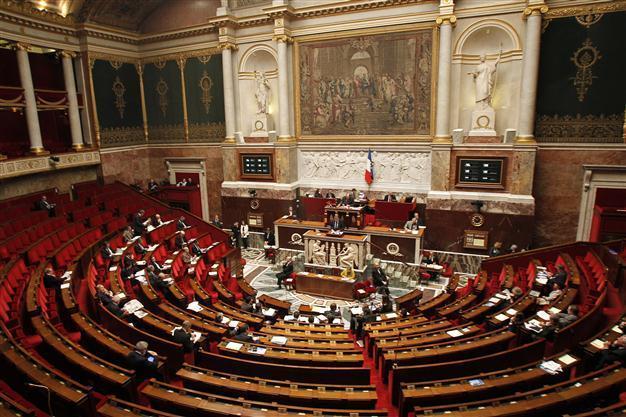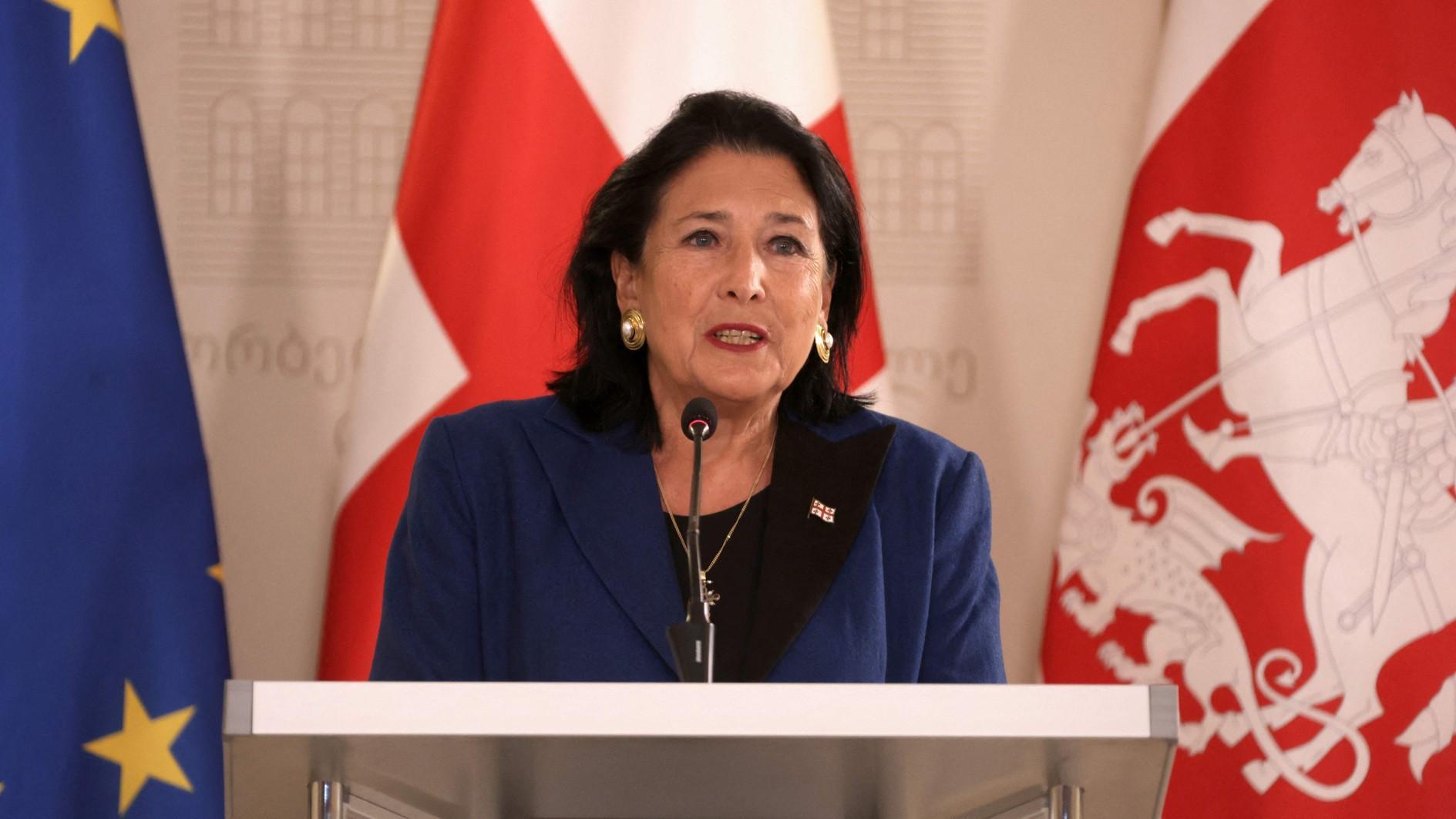French court cancels ‘genocide’ denial bill
PARIS / ANKARA

AP Photo
France’s Constitutional Council has struck down a government-backed law criminalizing denials of the 1915 events as genocide on the grounds that it contradicts the French constitution in a move that looks set to ward off a deepening crisis in Turkish-French ties.Ankara expressed its satisfaction with the law and said this would remove hurdles standing in the way of the improvement of relations between the two countries.
The council’s decision was posted on the official website late yesterday after a month-long examination of the much discussed law.
“The council considered the law unconstitutional,” read the press statement made by the council, which based its verdict on the relevant articles of the “1789 Declaration of the Rights of Man and of the Citizen,” the fundamental document of the French Revolution. It said the law was not in line with the declaration’s 6th and 11the articles, which highlight freedom of expression and thought, one of the main pillars of the democracy.
“Therefore the Constitutional Council has declared the unconstitutionality of Article 1 of the law and consequently Article 2, which is not separable,” it said.
There were comments that the court’s decision would also put the validity of a 2001 law recognizing Armenian genocide claims into a legal discussion. However, the council’s decision said this did not affect the 2001 law as it was not asked to make an assessment on that legislation.
“We hope those who want to make politics over history will have a lesson from this verdict,” Foreign Minister Ahmet Davutoğlu told reporters in a statement after the release of the verdict. “This is a very positive decision. I thank the members of the council for the respectful decision. It will set a precedent as well,” he added.”This will be exemplary,” Davutoğlu told journalists yesterday evening. “It is an important step regarding [the prevention] of small calculations gaining legal ground. We hope that those who seek political aims over the histories of societies get a legal lesson.”
The decision allows the creation of an environment in which all historical issues can be freely discussed in accordance with freedom of expression, Davutoğlu added. “Thus, it is a positive contribution regarding Turkish-Armenian ties.”
The law, introduced by French President Nicolas Sarkozy’s party was first approved by Parliament on Dec. 22 and then by the French Senate on Jan. 23. The measure set a punishment of up to one year in prison and a fine of 45,000 euros for those who deny or outrageously minimize the killings.
With the high court decision, the law is null and void and the entire legislative process will have to begin from the very beginning.
The adoption of the law in Parliament and the Senate drew Ankara’s strong reactions with a package of sanctions against France. Its eight-article sanctions were focused on banning French military using Turkish airspace and territorial waters, cutting some political ties with indirect threats to boycott French goods.
Apart from diplomatic initiatives, Turkey also mobilized large French companies which had significant investments in Turkey to urge French lawmakers to take the law to the council. A sum of 142 lawmakers and senators appealed to the court in late January after the Senate approved it. In a move to give time for collecting signatures for taking the law to court, Sarkozy did not rush to sign the law which would have put the law into effect.
















